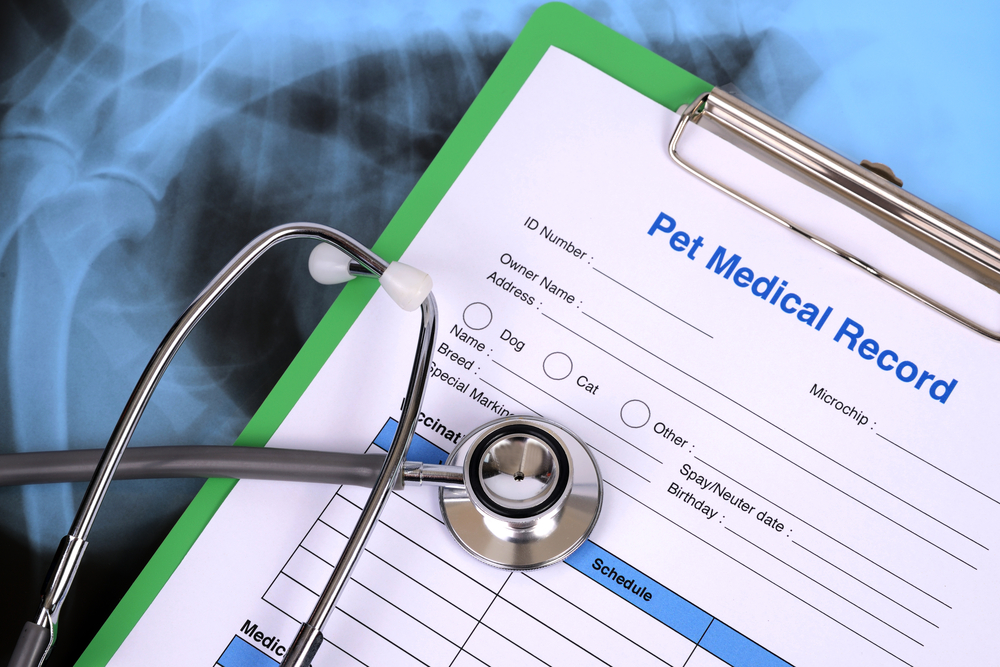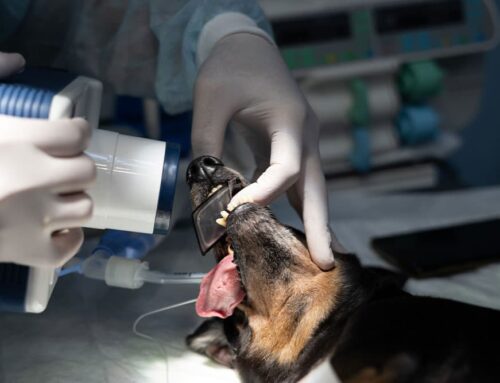When bringing home a new puppy, you may have checked off everything on your supply list, from a cozy bed to chew toys. While you’ve got all the essential supplies covered, you may wonder what type of veterinary care, especially vaccinations, your new four-legged friend will need. The answer isn’t cut-and-dried, as pet vaccination protocols are formulated based on various factors.
Protect your new furry bundle of joy from infectious diseases by learning which vaccinations they’ll need as they grow. Read our South Shores Pet Clinic team’s in-depth guide on puppy vaccinations so you know what to expect.
Core vaccines for puppies: Building a solid foundation
Core vaccines are essential for all puppies, regardless of their lifestyle or environment. These vaccines protect against highly contagious and potentially fatal diseases. Core vaccines your puppy should receive include:
- Canine distemper — Distemper affects a puppy’s respiratory, gastrointestinal (GI), and nervous systems, often causing fatal illness. If a puppy survives a distemper infection, they could potentially suffer from lifelong neurologic issues.
- Canine parvovirus — A highly contagious and potentially deadly virus, parvovirus attacks a puppy’s GI tract and bone marrow. Vomiting, diarrhea that is often bloody, and severe dehydration can rapidly cause death in untreated puppies.
- Canine adenovirus type 2 — The canine adenovirus type 2 vaccine also cross-protects against type 1, which is the cause of infectious canine hepatitis, an often fatal liver condition. The adenovirus vaccine also protects against tracheobronchitis and respiratory illness.
- Rabies — Rabies is a fatal viral disease that can affect all mammals, including people. Animals infected with rabies will typically display behavior changes, sensitivity to stimuli, difficulty walking and swallowing, excessive drooling, and seizures. In California, all dogs older than 3 months must be vaccinated for rabies.
Noncore vaccines for puppies: Tailoring protection to your puppy’s lifestyle
Noncore vaccines are recommended based on a puppy’s specific risk factors, such as exposure to certain environments or activities. Noncore vaccines your puppy may receive include:
- Bordetella bronchiseptica, canine parainfluenza virus, and canine influenza virus — These pathogens are associated with canine infectious respiratory disease complex (CIRDC), respiratory conditions that cause coughing, sneezing, nasal discharge, fever, and other respiratory signs. These vaccines are essential for puppies who will be in close contact with other dogs, such as in boarding facilities or doggy daycare.
- Leptospirosis — In the past, the leptospirosis vaccine was only considered essential for hunting dogs. However, dogs living in urban areas can also contract this bacterial disease, mostly from rodent populations, so all puppies should receive this vaccine. Additionally, leptospirosis is a zoonotic disease, meaning parasites can be transmitted from animals to people. This parasitic infection can cause liver and kidney disease.
- Lyme disease — Lyme disease is transmitted by black-legged ticks, so this vaccine is recommended for puppies who live in areas where ticks are prevalent.
Vaccination schedules for puppies: A timely approach
The vaccination schedule is crucial to ensure that your puppy receives the necessary vaccines at the right time. Typically, a puppy’s vaccination schedule begins at 6 to 8 weeks of age and continues until they are around 16 weeks old. Vaccine boosters are given every three to four weeks to maintain protection as maternal antibodies wane, and your puppy’s own immune system develops.
Your puppy’s history, such as whether they came from a reputable breeder or were rehomed through a friend of a friend, will guide their vaccination schedule and wellness visits. Your South Shores Pet Clinic veterinarian will recommend an appropriate vaccination schedule and tailor it to your puppy’s specific needs.
The Importance of regular veterinary visits for puppies: Professional guidance
Regular veterinary visits are essential for monitoring your puppy’s overall health and ensuring they are up to date on vaccinations. At each appointment, we will also assess your puppy’s growth and development, evaluate behavior and training techniques, and discuss nutrition and preventive care.
Common vaccine side effects in puppies: What to expect
While vaccines are generally safe, some puppies may experience mild side effects such as lethargy, reluctance to eat, a low-grade fever, or soreness at the injection site. These issues are usually short-lived and not a cause for concern. However, if your puppy has a severe reaction that indicates they are experiencing anaphylaxis, contact our team immediately. Puppies experiencing an anaphylactic reaction may develop the following:
- Vomiting
- Diarrhea
- Hives
- Facial swelling
- Difficulty breathing
- Collapse
Recordkeeping: Tracking your puppy’s health

Keeping a detailed record of your puppy’s vaccinations is crucial, as this information is required for boarding, grooming, and traveling. Your puppy’s records are also important to have on hand in case you need to visit an emergency veterinarian or seek alternative care.
Congratulations on the newest canine addition to your family! We can’t wait to meet your new furry pal, so schedule a visit with our South Shores Pet Clinic team and start your puppy on the right paw.







Leave A Comment